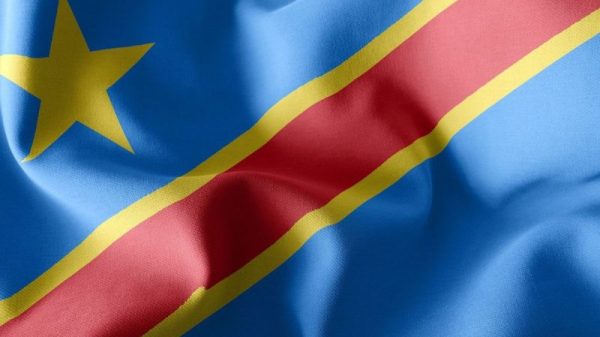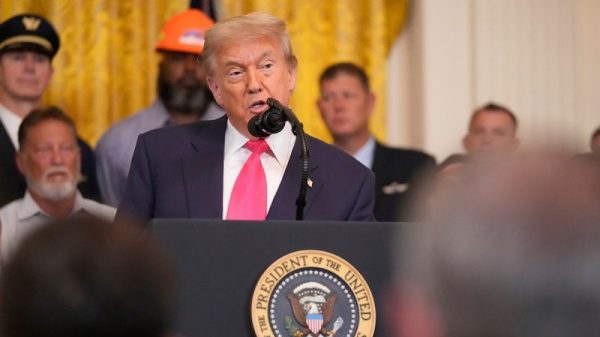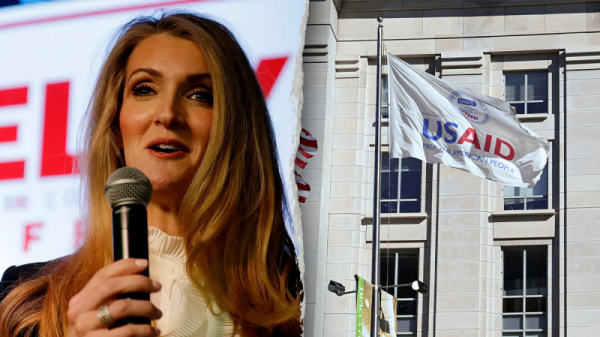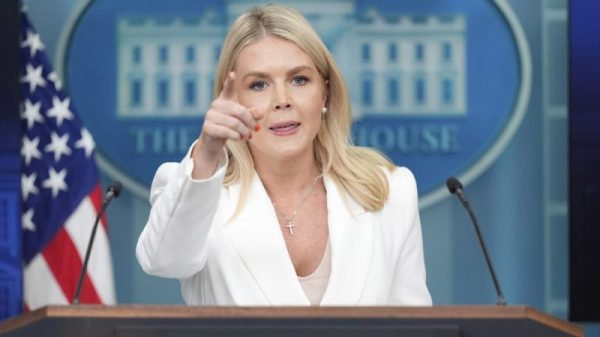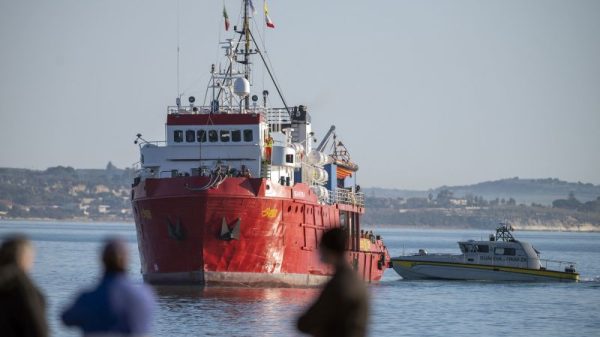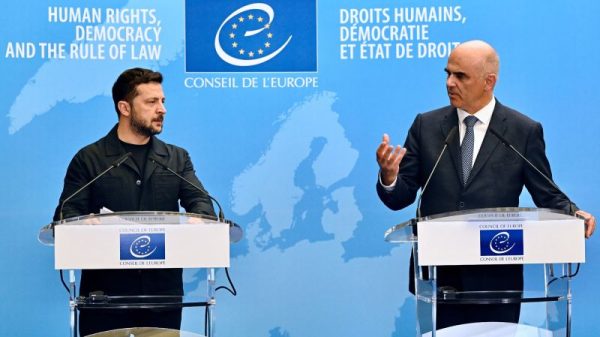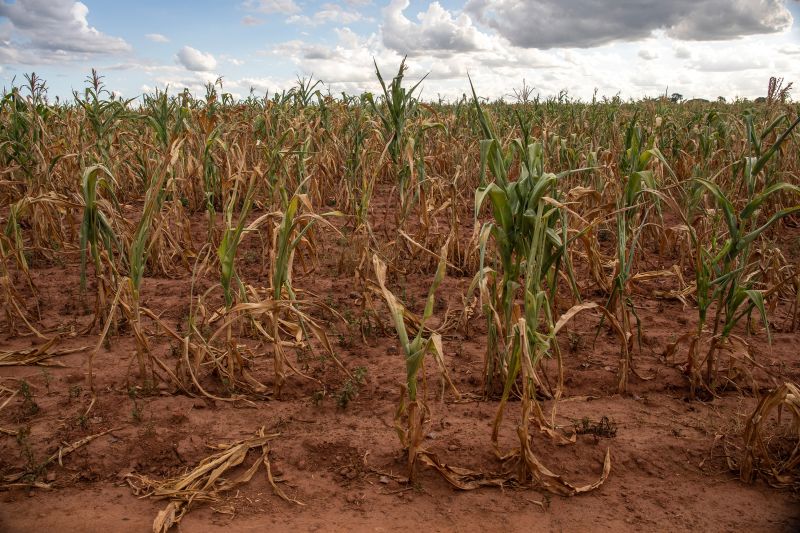More than 24 million people in southern Africa face hunger, malnutrition and water scarcity due to drought and floods, an aid group has warned, as experts say the situation risks spiraling into an “unimaginable humanitarian situation.”
The warning from Oxfam on Wednesday came as Zimbabwe joined other southern African nations in declaring its drought a national disaster, following earlier declarations by Zambia and Malawi.
Zimbabwean President Emmerson Mnangagwa said more than 2.7 million people in the country will go hungry this year and more than $2 billion in aid is required for the country’s national response, Reuters reported.
The country’s top priority “is securing food for all Zimbabweans,” the president told journalists at the state house in Harare. “No Zimbabwean must succumb to, or die from, hunger.”
The drought has been fueled by El Niño, a natural climate pattern originating in the Pacific Ocean along the equator, which tends to bring high temperatures and low rainfall to this part of Africa. When it does rain, dried-out ground is unable to absorb the moisture, making flooding more likely.
El Niño is exacerbating the impacts of the climate crisis, caused primarily by burning fossil fuels, which is driving more frequent and severe weather — including drought and floods — across southern Africa, a region Oxfam describes as a “climate disaster hotspot.”
As southern Africa enters its traditional dry season this month, vast parts of the region — including Angola, Botswana, the Democratic Republic of Congo, Malawi, Mozambique, Namibia, Zambia and Zimbabwe — have already been grappling with a prolonged dry spell.
From late January to February, rainfall levels were the lowest in at least 40 years, a recent report from the United Nations Office for the Coordination of Humanitarian Affairs revealed.
Central parts of the region experienced the driest February in more than 100 years, according to a report by the United States Agency for International Development’s Famine Early Warning Systems Network.
In Zambia, Malawi and Central Mozambique, extreme drought has damaged more than 2 million hectares of crops, Oxfam said.
Zambia declared its drought a disaster on February 29.
Malawi’s president declared a state of disaster across the majority of the country on March 23. It’s the fourth consecutive year the country has been forced to do this due to the impact of extreme weather conditions. The World Food Programme said this week the El Niño impact is “exacerbating the devastating effects of the climate crisis in Malawi.”
Southern Africa is particularly vulnerable to climate change despite being responsible for only a tiny portion of global planet-heating pollution.
In Mozambique — a country accounting for only 0.2% of global emissions — 3 million people face hunger, according to Oxfam. The country’s capital, Maputo, experienced devastating floods in March, after Tropical Storm Filipo hit followed a few weeks later by further intense rainfall.
“It is so deeply unjust that climate change impacts are hammering Mozambique over and over again. One of the poorest countries in the world is carrying the costs of the climate crisis it has done little to cause and is being pushed deeper into debt and spiralling poverty,” Teresa Anderson, ActionAid’s International Climate Justice Lead, said last week following the flooding.
“Wealthy polluting countries need to own up to their responsibility for the damage they are doing through climate change and be willing to provide climate finance so that vulnerable communities can cope with the climate disasters that are being unleashed,” she added.
Oxfam’s southern Africa program director, Machinda Marongwe, said the region is “in crisis” and called on donors to “immediately release resources” to prevent the spiral into an “unimaginable humanitarian situation.”
“With all these countries facing multiple crises simultaneously, the urgency cannot be overstated,” Marongwe said.

